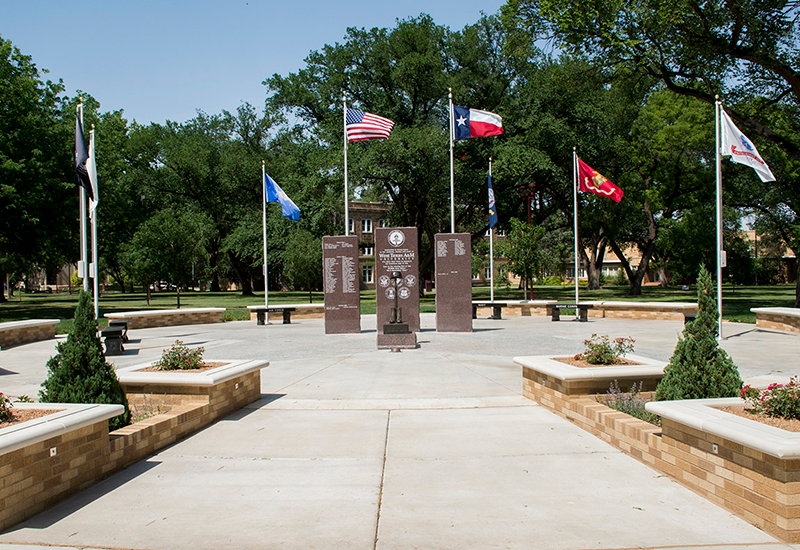
Since its inception, the GI Bill has disbursed multiplied billions of dollars in education benefits to millions of veterans and their families. Some elected leaders consider it the most important piece of federal legislation ever produced. After being signed by FDR in 1944, over the next seven years, the Serviceman’s Readjustment Act helped 2.3 million veterans attend universities, 3.5 million receive specialized training and 3.4 million obtain on-the-job training. By 1956, $14.5 billion was distributed in education benefits to veterans; adjusted for inflation, it equates to $150 billion today. In 2017 alone, the Post-9/11 GI Bill distributed $11 billion for higher education to veterans.
The GI Bill may represent the largest voucher program in the history of the world. Ed Humes, a journalist with a Pulitzer Prize in his back pocket, observed in a CBS News commentary: “Really, the cold warriors were educated on the GI Bill. They used different weapons. They had the drafting table instead of the draft board. They used their new skills to later take us to the moon. GI Bill guys were behind that. Same with the Internet, with the invention of computers. You can trace back much of what’s good in America today, to the skills and the prosperity that the GI Bill brought to this generation.” If you are reading this on a smartphone or tablet, you might want to thank a veteran who took advantage of the voucher program. While many question government spending on nearly everything, the impact of educating veterans who chose where and what to study is a beautiful investment in America’s future. During one period, for every dollar invested into veterans’ education, $7 was returned.
School vouchers are a hot topic. In Texas, according to the Houston Chronicle, a statewide school voucher program could require an investment of more than $2 billion. If returns on investments repeat themselves, though, the benefits could be robust. I know public school vouchers are not the same thing. However, empowering people to exercise free will through informed personal choice is liberating, if simultaneously a perceived burden.
The implementation of the GI Bill was flawed. Black veterans were initially denied access to benefits. It is estimated that one million black vets were originally excluded from benefits, according to National Public Radio. Deplorable. There are current concerns too. For-profit universities may take advantage of veterans, according to Veterans Education Success, through overhyped employment promises. USA Today reported the University of Phoenix has received more GI Bill funding than any other institution in the nation. The same university agreed to pay nearly $200 million in a settlement with the Federal Trade Commission, which charged the institution with “deceptive advertisements that falsely touted their relationships and job opportunities with companies such as AT&T, Yahoo!, Microsoft, Twitter, and The American Red Cross.” Overall, the University of Phoenix may provide valuable service, but duping veterans on the GI Bill? Deplorable.
As with any agreement between an individual and an institution, the relentlessly affirmed admonition buyer beware is sage advice. Students and families should be able to select and engage in study, whether at a university or a preschool, which befits their aspirations. Whether it is private or public funds, family finances or tax dollars, investment mindfulness is essential. Buyer beware.
At West Texas A&M University, we work diligently to be transparent with potential students, veterans and their family members regarding costs and benefits. Money Management Bootcamp helps students understand the challenges of over-indebtedness. Buff Smart provides students whose adjusted family income is $80,000 or less with free tuition and fees. But, even when appearing free, buyer beware. The earning power of different degrees and vocations are shared as enrollment decisions are made. Students must meet with an advisor before registering for classes to help ensure efficient, appropriate choices. The Office of Career and Professional Development works with students to align majors, career aspirations and internship opportunities. The Beat Any Offer program compares other admissions offers with WT’s. These are just a few examples of how thoughtful decision-making evolves in public/private partnerships. Buyer beware.
The Morrill Act, signed by President Abraham Lincoln in 1862, coupled with the GI Bill, created an explosion of educational opportunity, igniting progress. There was little guidance about how land-grant money would be spent from the Morrill Act save this prophetic and enduring commitment: “…to teach such branches of learning as are related to agriculture and the mechanic arts, in such manner as the legislatures of the States may respectively prescribe, in order to promote the liberal and practical education of the industrial classes in the several pursuits and professions in life.” These visionary legislative initiatives provide choices to institutions for corporate self-determination and for individuals to study what and where they want in pursuit of lifelong aspirations.
Educational vouchers have been proven to work. We have all benefited from these examples of national nudges toward exceptional status. People become all they are capable of being, one at a time. Other voucher programs may be on the way. Such actions require the coupling of faith in the future, bound inseparably to the exercise of free will and personal responsibility through thoughtful programs. WT participates proudly in moving the Texas Panhandle toward the midpoint of the 21st-century under the guiding lights of the trifecta for success: thinking, doing and performing.
Walter V. Wendler, President of West Texas A&M University. His weekly columns, with hyperlinks, are available at https://walterwendler.com/.




